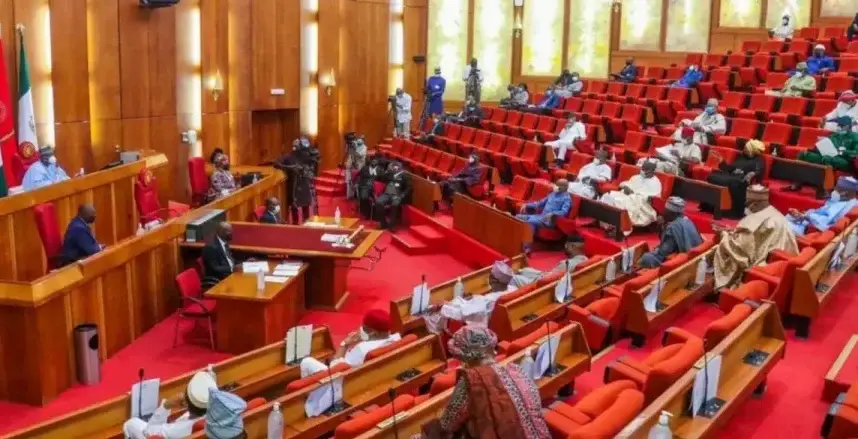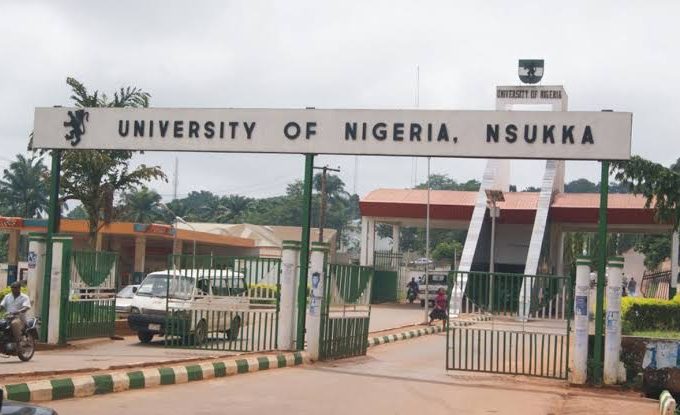
Bill to Establish Local Government Electoral Commission Passes First Reading in the Senate

A new bill to establish a federal agency for local government elections has scaled its first reading on the floor of the Nigerian Senate on Thursday. The bill is titled “Local Government Independent Electoral Commission, Establishment Bill, 2024 (SB. 531)”.
It is a draft bill for the establishment of the National Independent Local Government Electoral Commission, which is charged with conducting elections for the offices of the Chairman and Councillors of Local Government. This bill is intended to institutionalise local government as the third tier of government in Nigeria.
“To establish the National Independent Local Government Electoral Commission, NILGEC, responsible for conducting elections to the office of the Local Government Chairman and Councillors, and any other matter thereof to do with local government as a third tier of government,” the draft reads in part.
The proposed NILGEC will be an autonomous body to be saddled with the responsibility for organising, supervising, and conducting elections for local government offices in every state.
Its functions and powers are spelt out to ensure free, fair, and transparent elections for the chairman and councillors of local governments.
According to Senator Sani Musa, the bill was very important in that it enhanced the democratic process at the local government level by having an independent body conduct local government elections.
This move will inject more transparency and fairness into the often irregular-ridden local government polls.
Recall that it was earlier reported that the Supreme Court had given a judgment, strengthening the financial independence of the nation’s 774 local governments.
The judgment was presided over by a seven-member panel led by Justice Emmanuel Agim, allowing the local government councils to receive their allocations directly from the Accountant-General of the Federal Government of Nigeria.
This decision came after states’ governors had allegedly refused to give local governments due shares of their federal allocation. The Supreme Court also held that it is illegal for governors to dissolve democratically elected local government chairmen.
Read more: Dangote Refinery Not Yet Licensed, Still At 45% Pre-Commission Stage – NMDPRA
Bill to Establish Local Government Electoral Commission Passes First Reading in the Senate
About The Author
Related Articles
Malian Army Says Dozens of Militants Killed in Airstrikes in Segou Region
Mali’s armed forces say they have killed about twenty suspected militants during...
ByWest Africa WeeklyFebruary 19, 2026Nigeria Approves 33 New Universities While Education Quality and Jobs Remain in Crisis
Nigeria has approved 33 new universities, bringing the total number of sanctioned...
ByWest Africa WeeklyFebruary 19, 2026Gabon Suspends Social Media “Until Further Notice” Amid Rising Unrest
Gabon’s media regulator has announced the suspension of social media platforms nationwide,...
ByWest Africa WeeklyFebruary 18, 2026Niger’s Tiani Visits Algeria in Bid to Strengthen Ties and Revive Key Projects
Abdourahamane Tiani, Niger’s head of state, is on an official visit to...
ByWest Africa WeeklyFebruary 18, 2026











